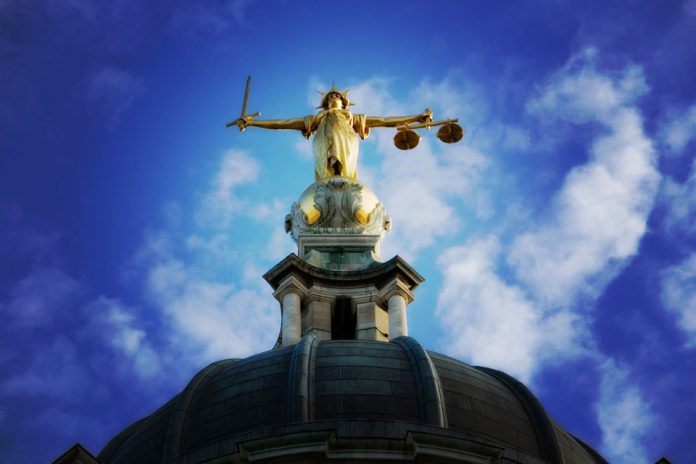- rule will be changed to allow the possibility of public parole hearings in some cases
- protecting victims from harm and distress will remain a priority
- Root-and-Branch Review considering other moves towards greater transparency
The change will end a blanket ban on public hearings when introduced later this year, though it is anticipated that the vast majority will continue to be heard in private. It follows a public consultation launched in October which found broad support for the move.
Rules governing what information can be disclosed from parole hearings are under consideration as part of the government’s wider review of the parole system. The Root-and-Branch Review is intended to improve public trust and victim confidence in the system and will report back in the summer.
Under the new system, anyone would be able to request that a hearing be heard in public. The Chair of the Parole Board will then decide whether an open hearing would be ‘in the interests of justice’, a test already used by the Mental Health Tribunal for this purpose.
Because of the sensitive nature of what is discussed, including offenders’ medical information and graphic accounts of their crimes, and the need to protect victims’ privacy it is expected that most hearings would not meet this test.
Victims and the prisoner themselves will be consulted before a decision is reached and, although neither will have a veto, the Parole Board is unlikely to agree to a public hearing where it will cause significant distress to victims or where the victims are children (or were at the time of the offence).
Justice Minister Lucy Frazer MP said:
The government wants victims to be allowed to attend parole hearings if they wish but we appreciate many would find a public hearing distressing.
Our ongoing Root-and-Branch Review will consider how to achieve victim attendance so that they can see first-hand how decisions have been reached in a comfortable and supportive setting.
Attendees would not be entitled to intervene, ask questions of the witnesses or address the panel, much like in a court setting, except where a victim is presenting their personal statement.
It will remain at the discretion of the Parole Board what information heard in the hearing can be disclosed or reported. But the consultation highlighted how integral other issues are to the opening up of parole hearings, such as the rules around disclosure of information, contempt powers and the support available to victims. These issues require careful thought to ensure the parole process remains safe and effective for all participants and will now be considered in the round as part of the Root-and-Branch Review.
The rule change will be introduced through secondary legislation later this year and the Parole Board will also set out in guidance how they will approach requests for open hearings.







